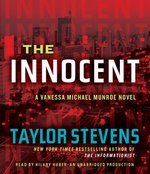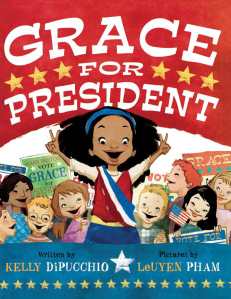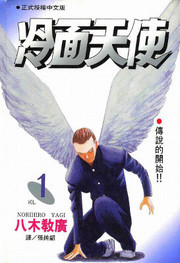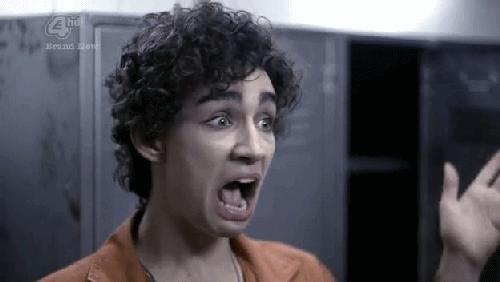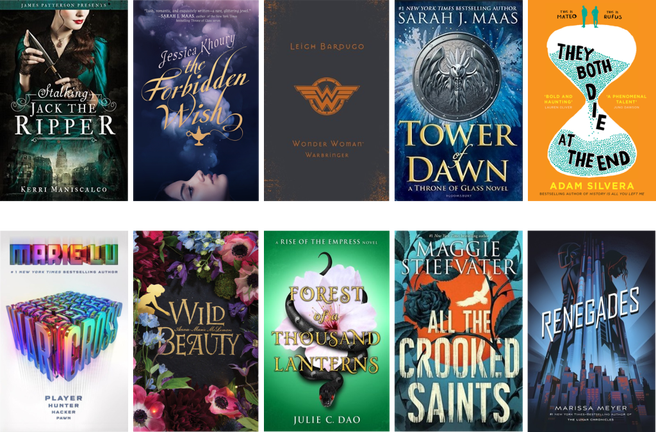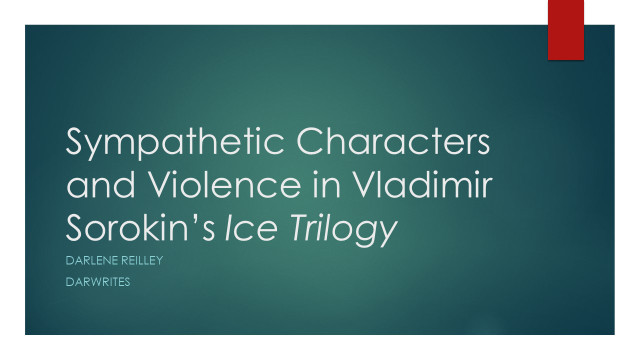
Vladimir Sorokin’s Ice Trilogy, a compilation of three books: Bro, Ice, and 23,000, is an epic tale of what happens if alien entities fall to Earth in a meteorite and must take over human bodies to get to their next plane of existence. Killing humans is an unintended side effect of their pursued goal. I kept getting hung up on the characters in this book—while I felt sorry for them in their human forms, once the aliens transformed the humans, they were unsympathetic.

The first book, Bro, follows Alexander Snegirev from childhood through death, charting only the unique events in his life. The layout of this book harkens back to the epic tales which followed a character from life to death. One example of this is in the beginning, when Alexander experiences a major trauma:
“And his voice was forever drowned in a terrible crashing sound. This crash swallowed all the voices in the carriages. The crash struck me in the back as though I was a rug hung out for cleaning. And a huge rumble, like a giant, thumped the dust out of me in one blow. I collapsed. (29)
This passage is told from the perspective of a young boy whose carriage explodes with his Father, Brother, and Uncle in it. Then, in the next section, we learn that he “no longer had any home” (31). The boy is empathetic because of his hardships.
Alexander is a misplaced child, who people keep shunting to other relatives or friends of the family; no one brings the child to his mother, who is his only surviving parent. One of the things that it was difficult to get past this; although though the boy was empathetic, it made no sense; the child should have been sent to his mother, but the wandering of the character in the novel, which seems to kick off the missing part of his life and search for meaning, stems from the disappeared parent. This brings an interesting idea to the forefront—the missing parent syndrome of many books and movies. Sorokin writes:
I remember my mother frequently, I thought about her. But it didn’t occur to me to try and find her, to search for her. She had become inaccessible not only in the world around me but inside me as well. (30)
At first, I thought it was a cultural thing, so I asked a friend what her what her family would have done with such a child. She told me they would have searched for the Mother, and if no immediate relative was found, the child would have been placed up for adoption.
An older Alexander learns that there is “an expedition” is heading out to search for a meteorite (41) which “fell in eastern Siberia in 1908” (43). But when Alexander reaches the ice, he transforms into Bro (76-77), an alien entity which is obsessed with saving its siblings and transforming them into beings that are not trapped on Earth. The hardest hurdle for me to understand was the way the Children of the Light are transformed from human to alien—by hammering them with an ice hammer (102). Throughout the book, people are hit on the chest multiple times, beaten, sometimes to death. The aliens kill to survive and transform, escaping what they consider to be a prison.
I said earlier that it was difficult for me to understand this book. Part of it may have been the translation and the half-upside-down print (at least one hundred pages were printed upside down; when comparing it with a friend’s copy in New York, I realized it was a copy error). The other reason I was unable to connect is because of the gratuitous violence which was described in graphic detail—no one was left untouched from children to elders. Several times I tried to put the book down, but I kept coming back to it because I knew I could learn from it.
One thing I want to do with my own novel is create unique aliens and technology. I will write war scenes, but do not want to write gratuitous violence—it must have meaning. The aliens in this book do have reasons why they do what they do; it is just difficult to grasp because they are hitting and killing my species in explicit nature. Violence is part of life, and all parts of life should be explored in good fiction. I want to do it in a way different from Sorokin’s—my aliens should kill Earthlings because there is no other choice, not just because they can. I want readers to be able to connect to my characters, not just the earthlings, but all beings.
2 stars.


Works Cited
Sorokin, Vladimir. Ice Trilogy. Trans. Jamey Gambrell. New York: New York Review of Books, 2008. Print.
Advertisements Share this:
